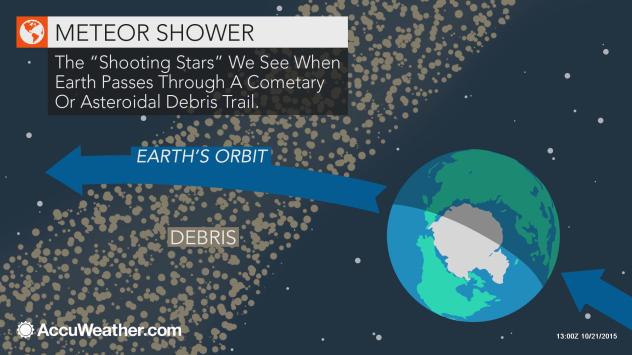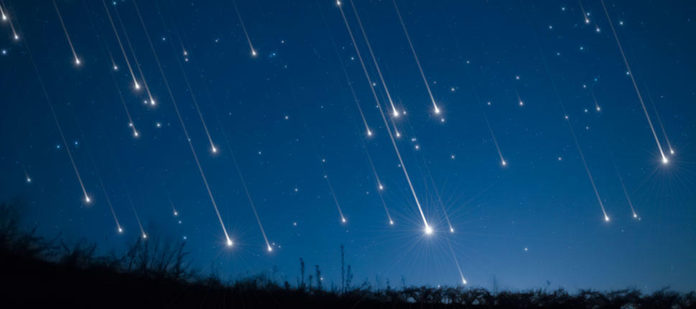This is not your typical meteor shower. Stargazers may get to see several meteors per minute during a rare event known as a meteor storm when a rare ‘Unicorn Meteor Storm’ may bring hundreds of meteors to Thursday night’s sky.
Beaufort is in the perfect spot for an amazing view.
MAKE SURE YOU POST ANY PHOTOS OR VIDEOS YOU GET ON OUR FACEBOOK PAGE, HERE.
There is a chance that the upcoming alpha Monocerotid meteor shower could turn into an all-out meteor storm on the night of Nov. 21, according to Esko Lyytinen and Peter Jenniskens, two meteor scientists who have been studying the meteor shower.
It is not a guarantee that such an event will unfold, but Lyytinen and Jenniskens say that there is a “good chance” that this will bring the first alpha Monocerotids meteor storm since 1995, when it produced rates of around 400 meteors per hour.
What time to look for the flurry of meteors
Knowing when to look for the potential meteor storm is extremely important.
“Unlike most meteor outbursts which last for several hours, strong activity from the alpha Monocertids is over within an hour and easily missed,” the American Meteor Society (AMS) explained on its website.

The outburst is forecast to reach its climax around 11:50 p.m. EST on Nov. 21, according to the AMS.
Onlookers should start looking for shooting stars around 11 p.m. EST and continue looking through midnight for the best chance to see the potential meteor storm. If you are not outside during this window, you may miss the celestial light show entirely.
“These meteors are never spaced evenly but appear in bunches so 2-3 meteors may be seen seconds apart and then an entire minute could go by without any activity,” the AMS said.
What exactly is a ‘meteor storm’?
We have all heard of meteor showers, sparked when the Earth passes through a field of debris left behind by an asteroid or comet.

“If the dust trail is small and dense, then the resulting meteor shower may result in hundreds, or perhaps even thousands of meteors burning up in just minutes,” the National Weather Service (NWS) explained.
“If this scenario happens, that the meteor shower is referred to as a meteor storm,” the NWS added.
Outburst of unknown origins
The alpha Monocertids is a mysterious meteor shower as scientists are unsure about when it started, or what exactly is causing it.
“This outburst is caused by the dust released by a long-period comet, but the comet itself is still unknown,“ Lyytinen and Jenniskens explained.
Despite these uncertainties, one thing is known for sure: the meteors radiate from Monoceros, a faint constellation that is Greek for unicorn and located just to the left of the well-known constellation Orion.
Contrary to popular belief, shooting stars will be visible in much of the night sky, not just the area near the unicorn constellation, as long as clouds do not obscure the sky.










